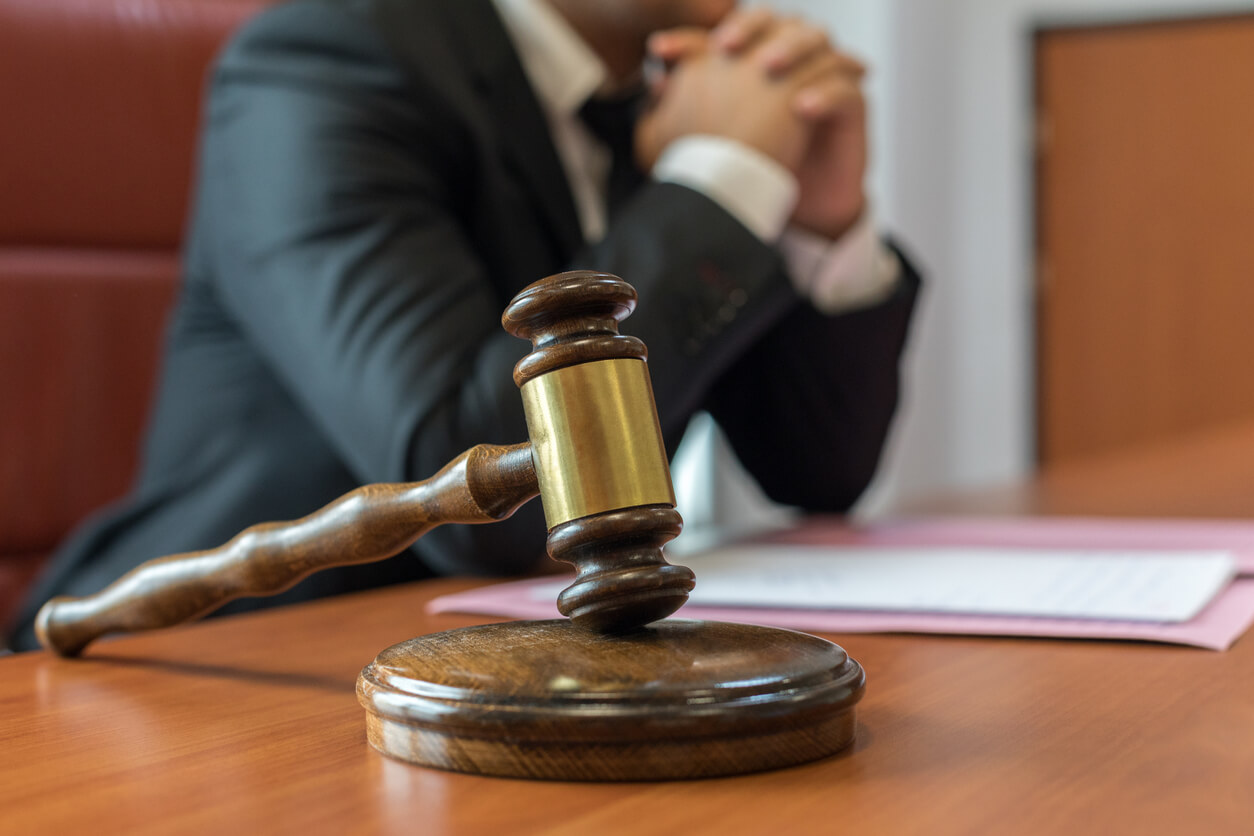In an evidentiary hearing, the judge will hear the evidence the prosecution has against the defendant and decide which evidence the jury will get to hear at trial. Of course, the jury is not present for this evidentiary hearing.
You will definitely want to have an attorney attend and participate on your behalf in the evidentiary hearing. A Washington criminal defense attorney can protect your legal rights and answer your questions, such as, “What is an evidentiary hearing?”
What Happens at an Evidentiary Hearings?
The prosecutor usually has the arresting or investigating police officer appears at the hearing and provide testimony. Other possible witnesses for the prosecution might also testify. The prosecution’s witnesses will testify and get cross-examined by your defense attorney. The judge will rule on what testimony and other evidence will be admissible in the actual trial and what the judge will not allow.
What Kinds of Challenges Might Your Defense Lawyer Make at an Evidentiary Hearing?
Your criminal defense attorney can argue that the state did not follow the law when it obtained some of the evidence against you. For example:
- If your charges were the result of a traffic stop, your lawyer might argue that the officer did not have probable cause for the stop.
- Another common objection raised in an evidentiary hearing is that your arrest lacks the level of probable cause required.
- You might have been questioned improperly, in which situation, your attorney will likely argue to the judge that some or all of your statements are inadmissible in the trial.
These are but a few examples of challenges your defense lawyer might raise at an evidentiary hearing.
Your attorney can file a motion to suppress evidence, whether the evidence is physical, oral (testimony), or identification evidence, according to Rule 3.6 of the Superior Court Criminal Rules for the State of Washington. The motion must contain an affidavit or document and a memorandum of authority that support the motion.
Opposing counsel can file a memorandum of authority in opposition to the motion to suppress. The judge will either rule on the evidentiary challenge based on the motions or schedule an evidentiary hearing.
Are There Additional Benefits That Can Come from Evidentiary Hearings?
Yes. When the prosecution reveals its evidence, your attorney can use this information to prepare for trial. Sometimes cases settle without the need for a trial because of information exchanged at an evidentiary hearing.
Can You Handle Your Own Evidentiary Hearing Without a Lawyer Representing You?
The law does not force you to work with an attorney, but you will have to comply with the same rules of criminal procedure and evidence as a lawyer. You are unlikely to know the ins and outs of objections, evidentiary rules, or the substantive law as well as an attorney. The laws of our state will not give you a “do-over” if you choose to go without legal representation and do not like the result.
A Washington criminal defense attorney can advocate for you and work tirelessly to get you the best possible outcome in your situation. Call our office today to schedule a consultation.
DISCLAIMER: This post is intended to share my perspective, insights and some general information on various aspects of criminal cases. It is not legal advice and is not intended to substitute for legal advice. You should consult an attorney to obtain legal advice for your individual situation and case.

